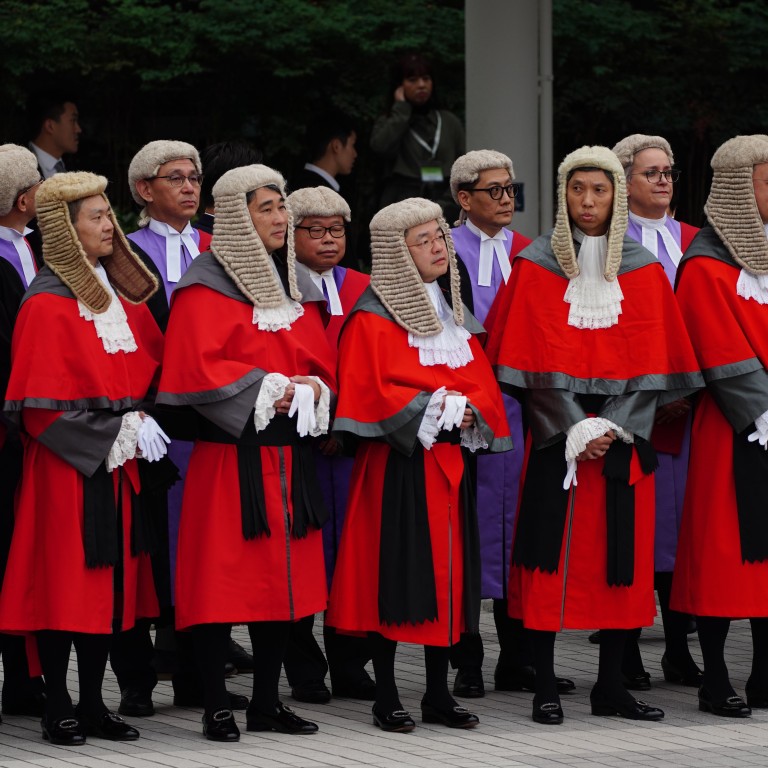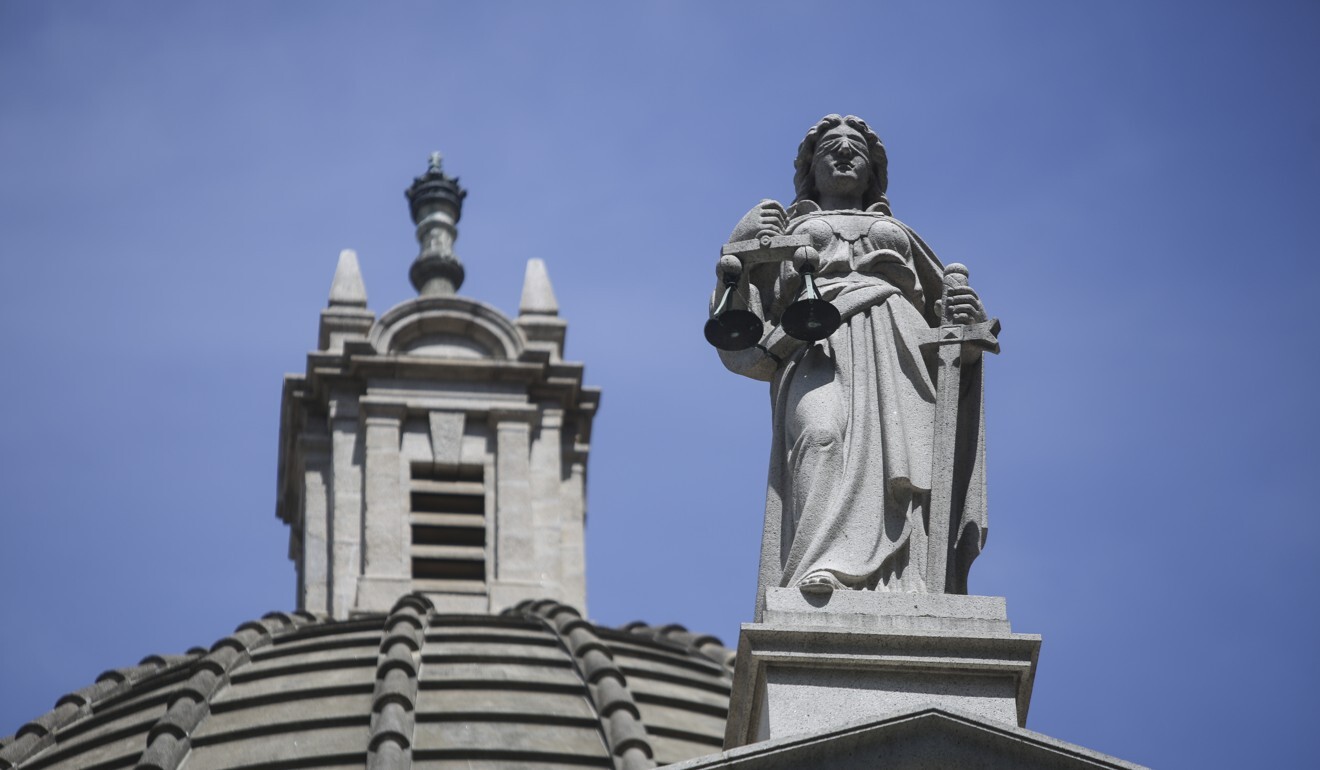
Hong Kong judiciary proposes revamped complaints mechanism with input from members of the public
- Under the proposal, the two-tiered mechanism will include an advisory committee with members from outside the legal profession
- The committee will receive recommendations from a panel of judges before passing its own advice on to the chief justice
Members of the public will be invited to join a new committee to advise Hong Kong’s judiciary on how to handle complaints under a proposed revamp of the existing system, but some in the field have warned that their number should be small to avoid “outsiders judging the judges”.
The first tier, which is more akin to the court’s current mechanism, will involve a panel of judges tasked with investigating cases that are particularly serious, complex or a source of public concern.
Comprising at least two judges at the High Court level, the panel will be responsible for making recommendations to resolve complaints, with the help of the leaders of the relevant courts.

The panel will then have to submit its investigation reports and recommendations to the mechanism’s second tier – a committee comprising both judges and members of the public from outside the legal profession who will in turn advise the chief justice on how to handle the complaint.
The members of that advisory committee, according to the paper submitted to Legco, would be people with “profound expertise and experience in professional, community or public services”.
The chief justice will also serve as the committee’s chair, and make a final decision on each complaint. The result and reasoning would then be made public.
The duties of the committee will also include identifying problems in court practices and procedures that had resulted in complaints in the first place.
Members, who will meet on a regular basis, are also expected to make recommendations on improvements to the complaint-handling mechanism itself.
One prominent legal figure with knowledge of the revamp said the lay members on the advisory committee would be community leaders of high standing, but who are not members of the legal profession.
“Judges will be in the majority, and the lay members would be appointed by the chief justice,” the source said. “I understand that some lay participation in the complaints process is now quite a common feature in many common law jurisdictions.”
“It must be understood and emphasised that complaints against judicial decisions will not be entertained,” they added. “Only complaints against judicial conduct will be entertained. This is the present position and it will remain so.”
Hong Kong lawmakers take aim at officials, urge them to raise their game
Under the existing mechanism, all complaints against judges are handled by the chief justice and the leaders of the pertinent courts, with investigations launched once all relevant court proceedings are complete. Where appropriate, complaints are reviewed by one or more judges from a higher court than the one involved.
The judiciary has said that the revamp will bolster the courts’ independence, and has stressed that complaints against judges will not affect rulings, as they will continue to be handled only after the proceedings in question conclude.
Chief Justice Andrew Cheung Kui-nung first announced a review of the existing mechanism in January with the aim of enhancing transparency and accountability, following a steep surge in complaints against judges.
Close to 99 per cent of the complaints received last year appeared to be part of mass campaigns, and had identical or very similar contents.
Human rights law scholar Johannes Chan Man-mun, from the University of Hong Kong, said public participation was generally a good thing, but noted that in the current political climate, some lay members’ backgrounds could prompt concerns about their neutrality.
“If there are already some High Court judges in the mechanism, do we need so many members from the public?” he asked, suggesting the lay members should also have legal backgrounds, and not take up more than half of the seats in the committee.
Fugitive ex-lawmaker’s legal bid quashed as he ‘despises’ court, judge says
Echoing Chan, Civic Party chairman Alan Leong ka-kit, a former head of the Bar Association, agreed that while inviting the public to participate in such committees had become something of a trend, he believed it was best to keep the number of lay members low.
“The public members should be appointed by the chief judges, because in a polarised political society, people would worry about the objectivity of the members if they were appointed by the government,” he added.
“There should be only a limited number of people from the public as well, so as not to give an impression of outsiders judging the judges.”
Grenville Cross, a former director of public prosecutions in Hong Kong, said the revamp was a positive development, as it would help allay concerns that the current procedures were not sufficiently transparent or fair, and that they resulted in the judiciary protecting its own.
Pro-establishment lawmaker and solicitor Horace Cheung Kwok-kwan also welcomed the proposal, suggesting half of the committee could be lay members.
“These people could provide different views for the judges. And as the chief justice can make the final decision on how to deal with the case, I do not believe there will be biased judgments,” he said.
The proposal will be discussed by a Legco panel on May 14, while the judiciary will proceed with setting up the advisory committee, with a target of implementing the new system in the third quarter of this year.
Additional reporting by Chris Lau


